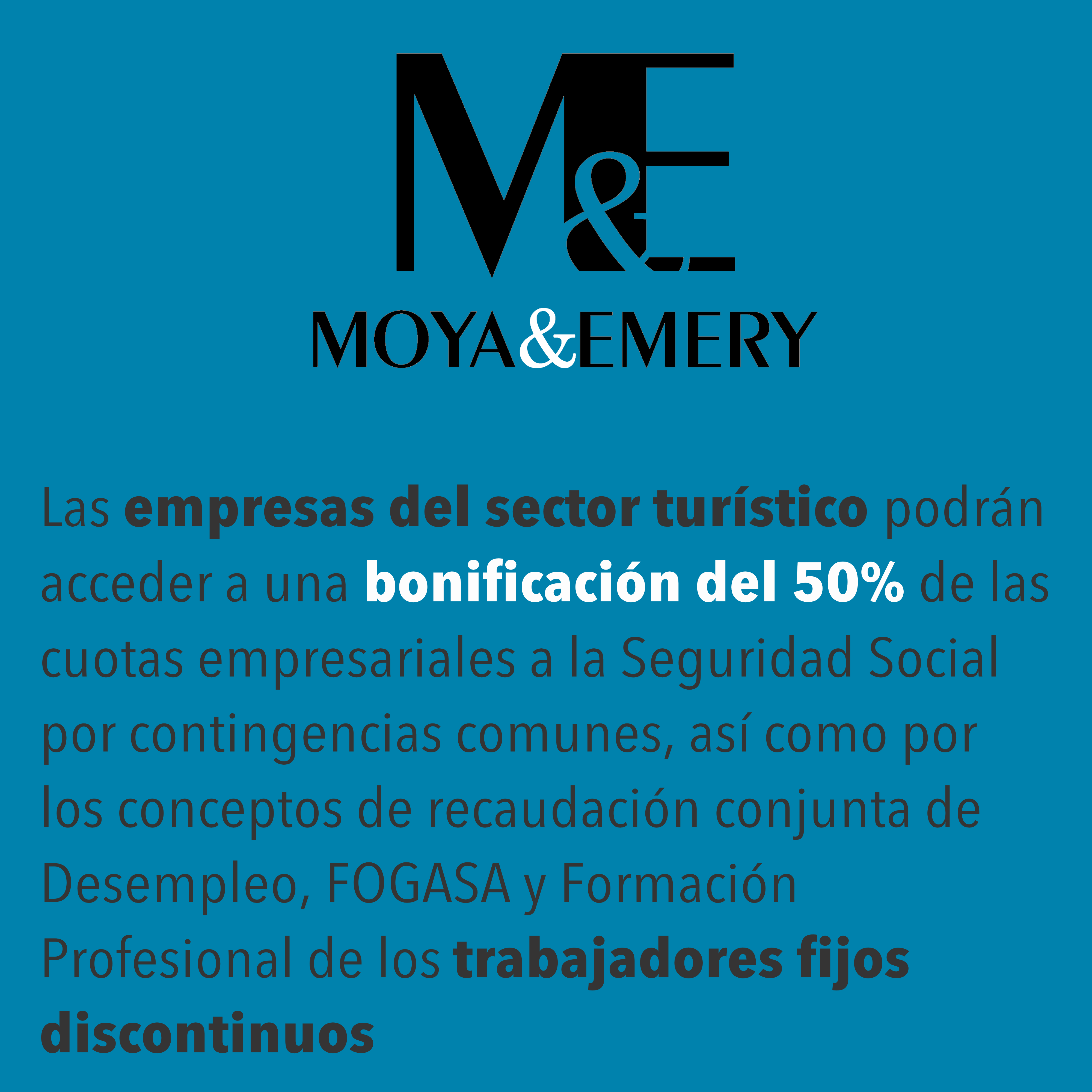Pension plans for the self-employed. Occupational pension plans
In 2023, a new regulation of occupational pension plans has come into force, which has brought with it an increase in the applicable deduction. You can deduct up to 5,750 euros compared to the 1,500 provided for in the previous regulations.
Nowadays, many Spanish self-employed decide to contribute for the minimum base and forget the serious impact that such an option will have on the pensions they will receive in the future. With this panorama, it is not strange to consider hiring an occupational pension plan as a necessary complement after retirement.
From ATA they specify «Pension plans, and among them the Employment Pension Plan for the self-employed, is an efficient savings instrument to cover vital needs, during retirement with the appropriate level of quality and have security to face unforeseen events »
That’s right, one of the biggest concerns of the self-employed is retirement. Therefore, a pension plan can become the opportune tool to save and be calm when the time comes to retire.
For self-employed workers, from 2023, the total contribution limit is 5,750 euros, broken down as follows:
- 1,500 euros of general or joint limit, which may contribute to any social security instrument with this tax regime, both to individual pension plans (or alternative individual products such as insured pension plans), and to the new simplified employment pension plans for self-employed workers.
- Another 4,250 euros (additional to the 1,500 euros), provided that such increase comes from contributions to simplified employment pension plans for self-employed or self-employed workers. This limit of 4,250 euros also applies to the own contributions that the individual employer makes to occupational pension plans of which, in turn, he is a promoter and participant.
The self-employed may deduct in Personal Income Tax the total contributions up to the lowest among the following amounts:
- 5,750 euros per year.
- 30% of their net income from work and economic activities.
What is an Occupational Pension Plan?
As we have already made clear, an occupational pension plan is a financial instrument focused on savings.
Periodic or punctual contributions are made and, if necessary, they can be suspended temporarily or permanently. The funds will be invested taking into account the profile of the participants, considering the profitability, risk and social and environmental impact of the investments.
If a pension scheme is promoted by a professional association through a mutual benefit society, it could be considered as a simplified occupational pension scheme.
One of the novelties proposed at the end of 2022 was the figure of the simplified employment pension plan, better known by the acronym PPES or PES. Its objective was and is to lighten the administrative burden for companies and other promoters.
Which occupational pension plans are considered simplified?
The following will be considered simplified occupational pension plans:
- Those promoted by companies included in statutory collective agreements of a sectoral nature that implement pension commitments in favor of their workers.
- Those promoted by the Public Administrations, including local corporations, entities and agencies dependent on them, that implement pension commitments in favor of their staff.
- Those promoted by associations, federations, confederations or unions of associations of self-employed workers for their associates, by unions, by professional associations or by mutual benefit societies linked to them, in which their participants are exclusively self-employed.
- Those promoted by cooperative and labor societies and their representative organizations.
Which freelancers can benefit?
- Self-employed without employees or company: they can hire an occupational pension plan for themselves.
- Self-employed with employees without a company: they can promote an employment plan and also appear as participants in the plan they are promoting for their workers, or hire an employment plan for freelancers only for themselves.
- Corporate self-employed: they can open a company employment pension plan, provided that the company is going to offer the plan to all its employees. If not, they can take out the occupational pension scheme for themselves.
What are the advantages?
The main advantages of having an occupational pension plan if you are self-employed are:
- The diversification of the investment being able to go to international markets.
- The tax deduction of contributions in Personal Income Tax (IRPF).
- Flexibility, reducing and even suspending or increasing contributions when the situation permits.
- The reduction of commissions. The fees of occupational pension schemes are usually lower than those of an individual pension scheme.
- The destination of the accumulated capital only for retirement.
Self-employed, the professionals at Moya&Emery can help you
Search Moya&Emery‘s blog for other posts about pensions or self-employed and if you have any questions you can contact us for personalised advice.
Or fill in our form and we will contact you.
Moya&Emery, our job is to take care of yours.




I don’t think the title of your article matches the content lol. Just kidding, mainly because I had some doubts after reading the article.
Your article helped me a lot, is there any more related content? Thanks!